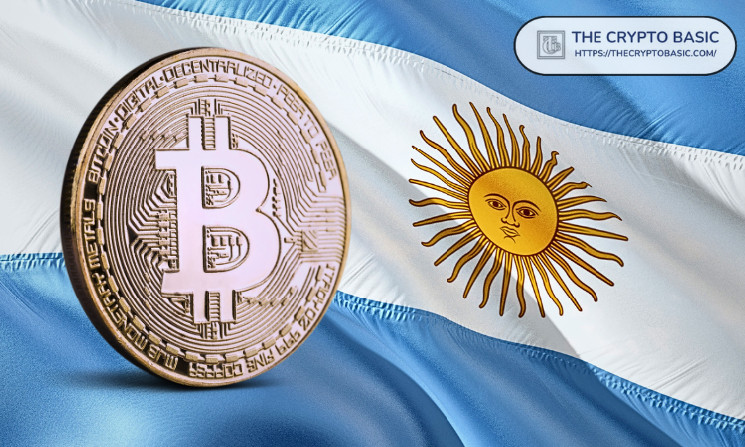Argentina’s President Javier Milei is doubling down on crypto adoption as part of his broader economic reform agenda.
Known for his libertarian ideals and criticism of central banks, Milei’s policies indicate a bold shift toward embracing digital currencies, such as Bitcoin, alongside traditional currencies.
Interestingly, a recent disclosure confirms that his second year in office could introduce massive changes, particularly around monetary policy and free currency competition.
The Push for Currency Freedom
In his speech, President Javier Milei discussed plans for his second year in office, focusing on economic reform, reducing government size, and expanding freedoms. He emphasized fostering foreign investment and cutting public spending.
Milei announced plans to abolish the long-standing currency exchange restrictions, a move expected to end reliance on the Central Bank of Argentina.
This means that citizens will have the freedom to transact in any currency of their choice, including cryptocurrencies like Bitcoin. This policy excludes tax payments, which will still require Argentine pesos for now.
The change seeks to stabilize the economy, reduce inflation, and create a sustainable growth path by aligning with global financial standards.
Notably, the policy emphasizes on free competition, allowing individuals to choose currencies that best suit their needs. This aligns with Milei’s vision of closing the Central Bank entirely, which he believes will eradicate inflation.
This strategy could benefit Bitcoin and crypto adoption in the country, which has already seen a sharp increase in recent times. The Argentine President has already confirmed his positive endorsement for Bitcoin, a move that has bolstered confidence in the asset among Argentinians.
Milei’s Pro-Bitcoin Stance
Milei’s pro-Bitcoin stance predates his presidency. As a vocal advocate, he has praised Bitcoin’s decentralized nature and its ability to counteract inflation. His economic vision closely mirrors the policies of El Salvador, where Bitcoin has become legal tender.
However, Milei’s approach presents citizens with a choice rather than mandating cryptocurrency use. He has actively supported the idea of contracts denominated in Bitcoin and other cryptocurrencies, a policy already gaining traction in Argentina.
Argentina’s economy has long been plagued by hyperinflation, making the peso an unreliable store of value. As a result, cryptocurrencies and stablecoins have seen high adoption rates in the country.
Argentina ranks among the top nations globally for crypto use, with its low energy costs supporting a thriving Bitcoin mining industry. For 2024, the country sits 15th on the Chainalysis Crypto Adoption Index globally and fourth in Latin America.
Despite advancements, Milei’s administration faces criticism over regulatory hurdles that could hinder adoption. For instance, recent laws tightening oversight of virtual asset service providers triggered backlash from crypto advocates. Nonetheless, the president remains committed to fostering a Bitcoin-friendly environment.
Milei’s policies are also expected to attract international investment. His administration has held discussions with private investors and the International Monetary Fund (IMF), a necessary step toward broader financial reform.
Interestingly, the United States could witness a similar pro-crypto stance within its government, as the forthcoming Donald Trump administration promises to foster the industry’s growth.
Read the full article here

